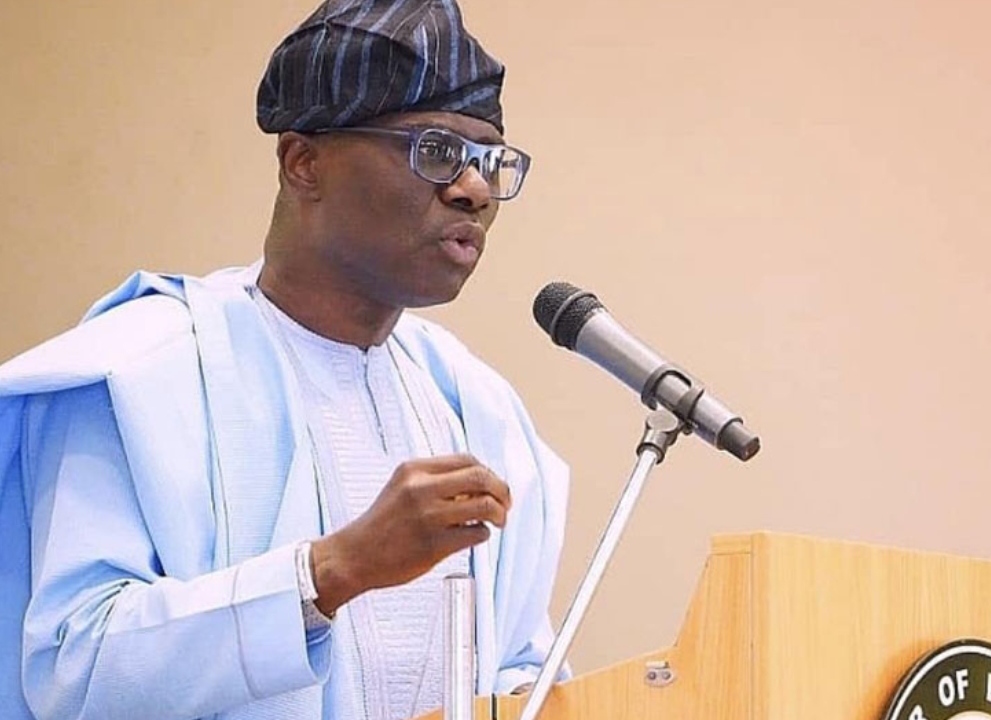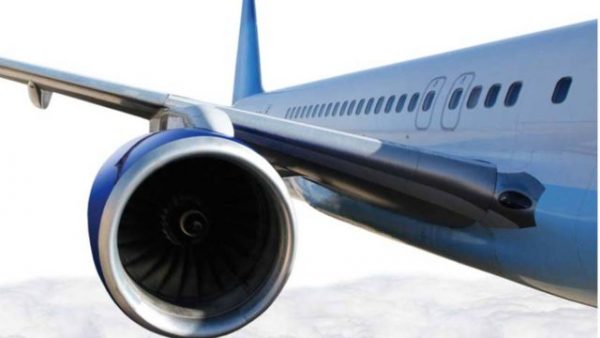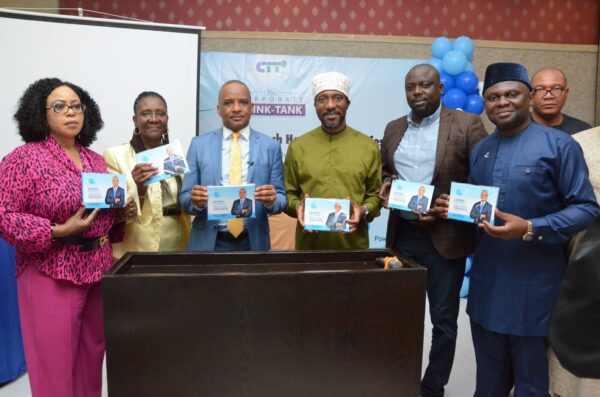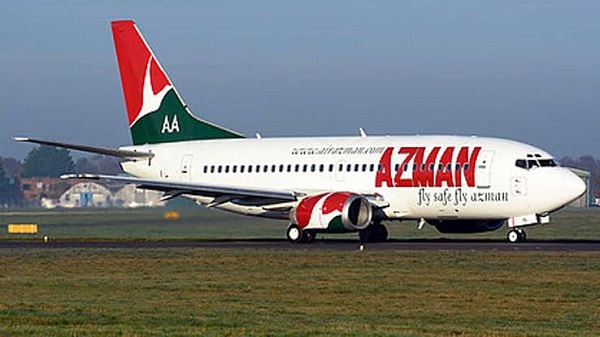Regulatory Mess: Syndicates Behind Foul Fuel Imports, Dead Ships On Waters
By Kenneth Jukpor
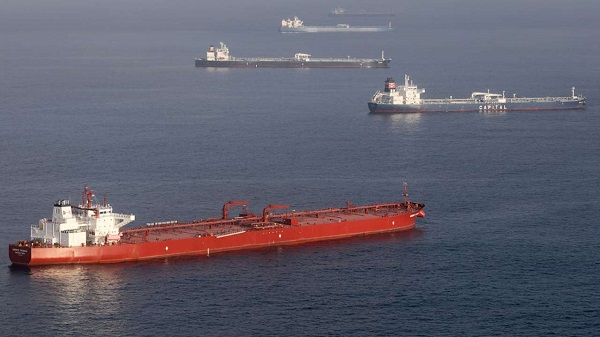
· Contaminated fuel, an embarrassment to Nigeria among OPEC members
· NIMASA asked FPSO Trinity Spirit to leave Nigerian waters in 2017
Following recent national disasters in Nigeria’s maritime sector with a Floating Production, Storage and Offloading (FPSO) vessel, named Trinity Spirit, exploding and the energy sector witnessing the importation and distribution of substandard and contaminated Premium Motor Spirits (PMS) in the country, investigations have shown that regulation of both sectors have been hijacked by some syndicates.
In both instances, varying interpretations and blame games have been observed as no one is willing to shoulder responsibility. While the oil marketers were quick to issue press releases to pass the blame to the federal government and its regulatory agencies for the contaminated fuel; the Nigerian Maritime Administration and Safety Agency (NIMASA) and Nigerian Upstream Regulatory Commission (NURC) have only assured Nigerians that they would carry out investigation on the vessel fire disaster.
The Chief Executive Officer, Nigerian Midstream and Downstream Petroleum Regulatory Authority (NMDPRA), Mr. Farouk Ahmed, on Wednesday, owned up that the agency made mistakes in carrying out tests on the products, an acknowledgement that should have followed his resignation or led to his sack; nevertheless, there are indications that a syndicate of surveyors at the port of origin and the port of destination collaborated to approve the product for the Nigerian market.
“We have learnt lessons of extra due diligence because there are no excuses. I will not make any excuses. The fact is there were mistakes made because we received a product that was off-spec, even though there was a surveyor that actually went on board and took samples. Because this parameter was not indicated, they didn’t capture that parameter. So, going forward, we have to try and look at all parameters, all the components of imported products,” Farouk said.
None of the private companies who received the products from the Nigerian National Petroleum Company Limited (NNPC) has apologized or owned up to the onus of inspecting the products it received to distribute to Nigerians.
For the maritime sector, FPSO Trinity Spirit was alleged to have failed NIMASA’s tests since 2017, yet it was allowed to continue operations by a syndicate allegedly led by the Head of Maritime Safety and Seafarers’ Standards department at NIMASA, Engr. Aladenusi Olu.
Olu’s syndicate was allegedly said to have included some of the executive leadership at NIMASA and top managerial officers of the Department of Petroleum Resources (DPR), now NURC and his commitment to the shady deals at NIMASA allegedly led to his speedy promotion as Head of Maritime Safety despite having superiors with better qualification and expertise at the agency.
Speaking with MMS Plus, a former NIMASA Director who preferred anonymity said: “FPSO Trinity Spirit was operated by a cartel in NIMASA, the operators and DPR. These operators where using this rust bucket and others around the country to enrich themselves. I identified the people involved and I accosted them and asked them why they carved out an aspect of regulatory functions for themselves. The racket was led by Engr. Olu and he argued that he trained himself for the assignment and NIMASA didn’t sponsor his training. Does this mean that he should carve a section of NIMASA for himself?”
“This same guy was involved in certificate scandal and I suspect that the reason there is mass failure in maritime training is that Engr. Olu is now the Director, Maritime Safety and Seafarers Standards at NIMASA. By requirement in a maritime agency, the head of safety should be the Chief Surveyor of NIMASA who ought to have a Class 1 certificate. Olu doesn’t even have that certificate but he was rewarded for his membership and commitment to previous cartels in fraudulent ship inspection.”
“Instead of inspecting boats, they operated a cartel such that Trinity Spirit and other FPSOs weren’t inspected. Anyone who had to inspect these vessels had to get permission from Olu’s cartel. The operators of FPSOs knew that they had a godfather arrangement protecting them, so they operated as they pleased. They didn’t spend the money alone too; they shared with highly influential stakeholders, operators and politicians.”
When contacted, Engr. Olu blamed DPR for allowing FPSO Trinity Spirit to continue operations five years after NIMASA asked the vessel to leave Nigerian waters in 2017.
His words: “DPR gives licenses to FPSO, especially those not flagged in Nigeria. We said the vessel shouldn’t work in Nigeria and I stopped my job there. We have DPR that keeps giving the vessel license to operate. DPR keeps measuring the quantity of oil coming into the facility and continues giving them certification.”
“DPR knows that this FPSO must have certain statutory requirement from NIMASA but they kept giving Trinity Spirit license every year without NIMASA’s approval. Don’t forget that DPR has an office stationed onshore with officers changed monthly while they measure crude oil extracted daily. They are permanently onboard; so your questions should be directed at DPR”
According to Engr. Olu, Trinity Spirit initially operated a bareboat charter for a limited period in Nigeria but NIMASA discovered that the vessel didn’t meet the basic standards to operate in the country and wrote the owners to move the vessel out of the nation.
“It is strange that DPR, which has a working relationship with NIMASA, wouldn’t ask for the papers from NIMASA to allow such vessel work. They kept allowing the vessel to move crude oil from Nigeria to other nations until this incident occurred. The emphasis shouldn’t be on NIMASA but DPR. NIMASA has documents to show that it asked Trinity Spirit to leave Nigerian waters,” Olu explained.
Recall that several industry experts have faulted the regulatory techniques on the licensing of tank farms without carrying out an Environmental Impact Assessment (EIA) as several tank farms are given licenses to operate in residential areas and without recourse to spacing limits in locations like Apapa and Satellite town in Lagos where tank farms share fences.
Studies by scientists at the NIH’s National Library of Medicine in the United States have also shown that continuous exposure to gasoline, whether in liquid or vapour form, can cause lung, brain and kidney damage.
Researchers also say that pollution from petrol stations and tank farms could contaminate buildings as far as 100 metres away. According to them, a minimum distance of 50 metres should be maintained between petrol stations and residential buildings, and the recommended distance from vulnerable facilities like hospitals, health care centres, maternity homes, schools and old people’s homes is 100 metres.
Meanwhile, a veteran petroleum engineer and public affairs analyst, Engr. Bala Zakka has accused NNPC and the NMDPRA of operating with gross negligence and incompetence, even as he implored the regulatory heads to apologize to Nigerians.
Zakka argued that if this situation of contaminated fuel had happened in the country where the PMS was loaded, Port of Antwerp in Belgium and the citizens suffered from the catastrophe, a lot of people would have lost their jobs and charged to court by now.
“The fault is squarely on the regulatory authority which is NNPC and the NMDPRA. What happened was a clear case of negligence by the regulators. All the three levels of control mechanisms failed. These three control mechanisms are the Preventive, Detective and Corrective control mechanisms. The Preventive Control Mechanism failed and that was why the vessel sailed from the point of loading. It should have been prevented from coming to Nigeria at the point where the vessel was loaded. A lab analysis should have revealed that it was the wrong fuel and the ship could have been prevented from leaving.”
“Detective control mechanism failed at the shores of Nigeria; because the vessel got to the country with contaminated product and we couldn’t prevent that. When it got to Nigeria, we should have detected it but they didn’t. This product found its way into the Nigerian market and the retail filling stations. It could also have been detected at the filling station but it wasn’t detected until it was sold for several days and started causing health and economic calamities. It took more than 72hours before the regulatory bodies reacted.”
“The corrective measure wasn’t applied until Nigerians started crying and the problem had resulted in mechanical challenges. The damage to Nigerians could have been minimized in terms of the vehicles and their health. All three preventive measures failed because there was gross negligence and irresponsibility,” he said.
Zakka, who is also the Technical Director, Drill Bits Template Design Limited, asserted that the development is a disgrace to Nigeria as an oil producing nation and a bigger disgrace at the Organization of Petroleum Exporting Countries (OPEC).
“OPEC is the biggest crude oil cartel in the world and the Secretary General is a Nigerian, Mohammad Sanusi Barkindo. Nigeria is not only unable to refine crude oil, now the nation can’t even import clean fuels. This is truly a disgrace to Nigeria in the international scene. Appropriate punishments should be meted out to the regulatory authority concerned. There is also a need for a national apology from the regulator, NNPC and the Nigerian government to the citizens,” he argued.
Speaking on FPSO Trinity Spirit, Zakka maintained that there was also gross negligence and incompetence on the part of the upstream regulatory commission and NIMASA.
“NURC and NIMASA should be accountable because it was clear that the vessel didn’t have the necessary requirements. Even if they had the certificates, they must have expired. If equipment comes from an original equipment manufacturer (OEM) and there is a specification for maintenance, once it is time for maintenance irrespective of how that facility might be looking that maintenance must be carried out. There is what we call non-destructive testing. These are things that you can’t see damaged on the outside but certain things may be going wrong with the materials and methodological properties of that equipment,” he added.
There are also growing concerns of hazardous effects of the oil spill following the explosion of the FPSO.
A marine expert who preferred anonymity said: “Who has gone below the ocean to seal the head of the oil well because that thing would keep pumping crude oil out? As it keeps pumping out oil in small quantities, it would damage the coastline overtime. There would be dead fishes ashore in no time and people would pick them up and eat. They will fall sick or usher in new diseases. How can 274,000dwt ship be allowed to continue working as a scrap on Nigerian waters? Anyway, even the NIMASA Floating Dock isn’t in class, how can the agency have moral grounds to ask someone else to be in class?”




